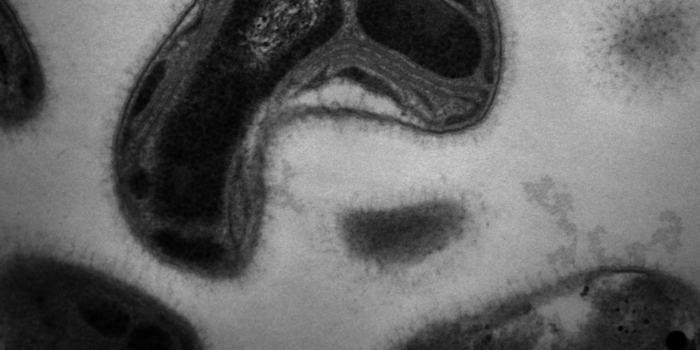Welcome to the Environmental Microbiology/Molecular Biology (EMMB) Lab, aka the Semrau Lab!
Research in the EMMB Lab is focused on the characterization and manipulation of methanotrophic bacteria, microbes that can grow using methane as the sole source of carbon and energy. Methanotrophs have many different applications, and in the EMMB lab we focus on the use of methanotrophs for:
- Control of methane emissions from landfills and concentrated animal feeding operations,
- Use of methanotrophs for clean-up of hazardous waste via novel co-metabolic reactions,
- Detoxification of mercury and methylmercury, and
- Production of novel biogenic copper-binding agents (i.e., methanobactin) that have significant potential for the treatment of copper-related human diseases, e.g., Wilson Disease, where the body cannot correctly assimilate copper.
In our research we pursue a suite of genetic and biochemical approaches to characterize methanotrophs, and to also manipulate various pathways to enhance their application for different environmental, industrial and medical issues. Our recent discovery of the genetic basis for methanobactin biosynthesis and uptake as well as characterization of novel “metal-switches” where methanotrophic activity is controlled by copper and rare earth elements has opened up new and very promising avenues of research.
More recently, we are complementing these projects with detailed examination of methanotrophic ecology and how methanotrophs interact with other microbes. By doing so, we will be able to better predict methanotrophic activity in situ, key information needed for the next generation of Earth Systems Models to describe how microbial communities affect and are effected by climate change.

